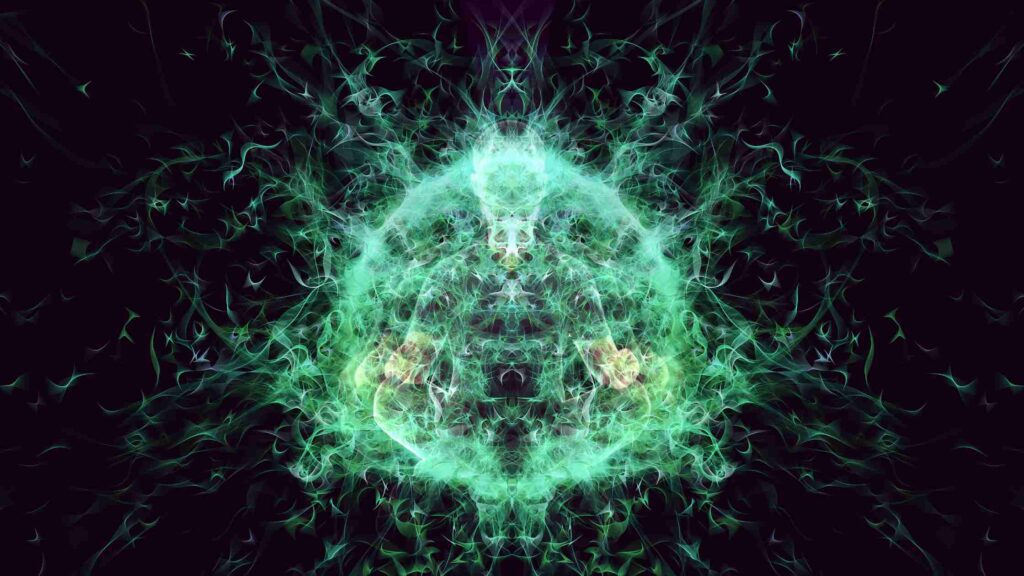Understanding the nature of consciousness has been a fascinating and perplexing quest for philosophers, scientists, and thinkers throughout history. From Descartes’ dualism to modern theories of cognitive science, the enigma of the mind continues to captivate our imagination.

Introduction: Consciousness
Consciousness, often defined as the subjective experience of awareness, is a fundamental aspect of human existence. It encompasses our ability to perceive, think, reason, and have self-awareness. In philosophical terms, consciousness raises profound questions about the nature of reality, the mind-body problem, and the limits of human understanding.
Descartes and Dualism
René Descartes, the 17th-century philosopher, proposed a dualistic theory of mind and body. According to Descartes, the mind (or soul) and the body are separate entities that interact with each other. He argued that while the body is composed of matter and subject to physical laws, the mind is immaterial and not bound by such constraints.
Descartes’ dualism sparked debates and criticisms, with philosophers challenging the idea of a non-physical mind interacting with a physical body. Nonetheless, his theory laid the foundation for further exploration of consciousness and its role in the human experience.
The Problem of Consciousness
One of the central questions in the philosophy of mind is commonly referred to as the “hard problem of consciousness.” This problem asks why and how subjective experiences arise from the physical processes of the brain. In other words, how do electrochemical signals in the brain give rise to the rich tapestry of thoughts, emotions, and sensations that make up our conscious experience?
Various theories and approaches have been proposed to tackle this problem:
1. Materialism and Reductionism
Materialism suggests that consciousness is reducible to physical processes in the brain. According to this view, the mind can be fully explained by neural activity and the laws of physics. Reductionist approaches seek to understand consciousness by breaking it down into its fundamental components and explaining each piece separately.
2. Functionalism and Information Processing
Functionalism posits that consciousness emerges from the functional organization of the brain. Instead of focusing on the physical substrate, functionalists study the patterns of information processing that give rise to subjective experiences. They argue that consciousness is a result of complex interactions among various brain regions and the information flow between them.
3. Panpsychism and Consciousness as a Fundamental Property
Panpsychism suggests that consciousness is a fundamental property of the universe. According to this view, consciousness is not limited to humans or animals but exists at a fundamental level in all matter. Panpsychists argue that consciousness is a natural part of reality, much like gravity or electromagnetism.

The Role of Quantum Mechanics
Quantum mechanics, the branch of physics that explores the behavior of matter and energy at the smallest scales, has also found its way into discussions about consciousness. Some theorists propose that quantum phenomena may play a role in the generation of conscious experiences.
One of the popular theories in this regard is the Orch-OR (Orchestrated Objective Reduction) theory proposed by Stuart Hameroff and Roger Penrose. This theory suggests that consciousness arises from quantum processes within microtubules inside neurons. According to Orch-OR, these quantum processes enable the brain to process information and generate subjective experiences.
The Future of Consciousness Research
As our understanding of the brain and its complexities continues to grow, so does our quest to unravel the mysteries of consciousness. Advancements in neuroscience, artificial intelligence, and cognitive science provide new tools and perspectives for investigating the nature of the mind.
Recently, brain-computer interfaces (BCIs) have gained attention as a means to study and interact with consciousness directly. BCIs allow researchers to monitor and decode neural activity, providing insights into the underlying mechanisms of consciousness.
Moreover, the field of artificial consciousness aims to create machines or software capable of having subjective experiences. While still in its infancy, this field presents intriguing opportunities for examining the nature of consciousness from a different perspective.

Conclusion
Consciousness remains an enigma that eludes definitive explanation. Philosophers, scientists, and thinkers will continue to explore the nature of consciousness, seeking answers to the questions it poses. From Descartes’ dualism to modern theories rooted in neuroscience and quantum mechanics, our understanding of consciousness is continually evolving.
As we delve deeper into the mysteries of the mind, let us embrace the enigma and strive to unlock the secrets of consciousness, for it holds the key to understanding our own existence.
Note: This blog post contains general information and does not constitute professional advice. Please consult a qualified expert for personalized insights and guidance.






